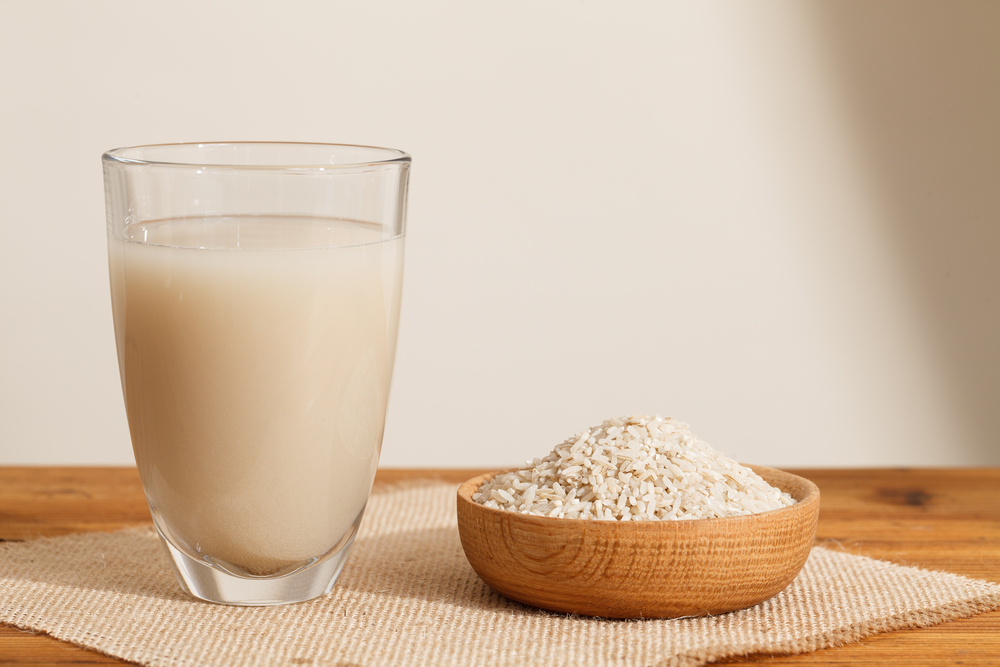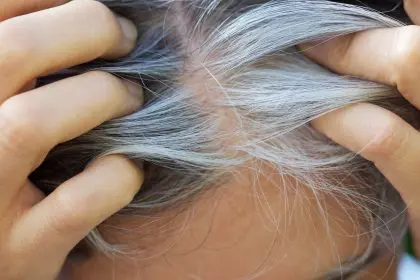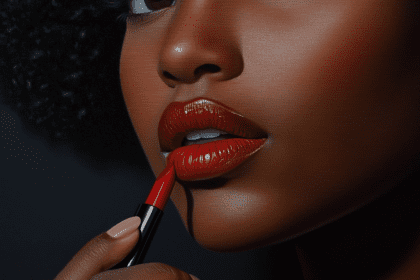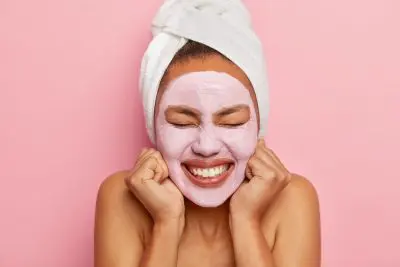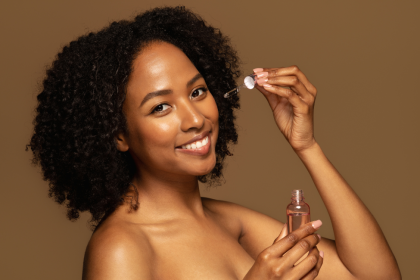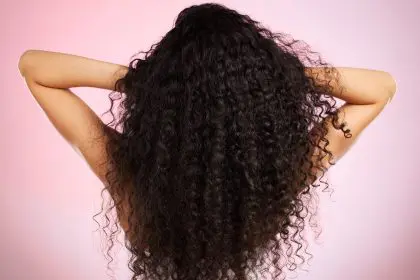Your social media feed is probably flooded with before-and-after photos of people claiming rice water transformed their hair from sad and scraggly to thick and lustrous in just weeks. The whole rice water phenomenon has reached cult status in beauty circles, with influencers swearing it’s the ancient secret to incredible hair growth that Big Beauty doesn’t want you to know about.
But here’s the thing about viral beauty trends – they tend to promise miracles while conveniently glossing over the less glamorous reality of how hair actually works. Rice water isn’t some magical potion that defies the basic biology of hair growth, and the claims floating around social media might be setting people up for some serious disappointment.
Before you start hoarding bags of jasmine rice and turning your kitchen into a DIY beauty lab, let’s dig into what rice water can actually do for your hair versus what the internet wants you to believe it can do.
The science behind the centuries-old tradition
Rice water has been used for hair care in various Asian cultures for hundreds of years, particularly by women in China, Japan, and Southeast Asia. This isn’t some newfangled Instagram trend – it’s a legitimate traditional practice with some actual reasoning behind it.
When you rinse rice, the water contains vitamins, minerals, and amino acids that leach out from the grains. These include B vitamins, vitamin E, antioxidants, and proteins that can potentially benefit hair health. The starch in rice water can also provide a temporary coating that makes hair appear smoother and shinier.
However, the traditional use of rice water was typically part of a comprehensive hair care routine that included other practices, dietary factors, and genetic predispositions that social media tutorials tend to ignore completely. The women whose hair was historically celebrated for its beauty weren’t just using rice water in isolation.
What rice water can actually do for your hair
Rice water can genuinely improve the appearance and feel of your hair, but it’s working more like a temporary conditioning treatment than a growth miracle. The proteins and starches can fill in tiny gaps in damaged hair cuticles, making your hair look smoother and feel stronger temporarily.
The amino acids in rice water might help with moisture retention and can make hair more manageable, especially if you have dry or damaged hair. Some people notice that their hair has more shine and feels less tangled after using rice water treatments, which are legitimate benefits that shouldn’t be dismissed.
Rice water might also help reduce breakage by temporarily strengthening the hair shaft, which could indirectly support length retention. If your hair is breaking off as fast as it grows, anything that reduces breakage will help you maintain more length over time.
The growth claims that don’t add up
Here’s where the rice water hype train goes off the rails – hair growth happens at the follicle level, deep in your scalp, and it’s primarily determined by genetics, hormones, and overall health. No topical treatment, regardless of how many nutrients it contains, can dramatically speed up the rate at which your hair follicles produce new hair.
Your hair grows at a predetermined rate of roughly half an inch per month, and this rate is largely non-negotiable regardless of what you put on it. The dramatic before-and-after photos you see online are more likely showing improved hair health, reduced breakage, or styling differences rather than actual accelerated growth.
The confusion often comes from people conflating hair health improvements with growth acceleration. When your hair is healthier and breaking less, you retain more length, which can create the illusion of faster growth even though the actual growth rate hasn’t changed.
The protein overload problem nobody mentions
Rice water is relatively high in protein, and while protein can be beneficial for hair, too much of it can actually make your hair brittle and prone to breakage. Many people jumping on the rice water bandwagon don’t realize they might be overloading their hair with protein, especially if they’re also using other protein-rich hair products.
Hair needs a balance of protein and moisture to stay healthy and flexible. When you tip too far toward protein without adequate moisturizing treatments, your hair can become stiff, dry, and more likely to snap. This is particularly problematic for people with naturally dry or chemically processed hair.
The signs of protein overload include hair that feels straw-like, tangles easily, or breaks more than usual. If you’re experiencing these issues while using rice water, you might need to scale back the frequency or balance it with more moisturizing treatments.
The DIY dangers hiding in your kitchen
Making rice water at home might seem foolproof, but there are some potential pitfalls that the viral tutorials don’t always mention. Improperly prepared or stored rice water can develop bacteria or yeast, which can cause scalp irritation or even infections in some people.
The fermentation process that many people use to “activate” rice water can be unpredictable without proper knowledge of food safety. What starts as a beneficial treatment can turn into a scalp nightmare if harmful microorganisms start growing in your homemade concoction.
Rice water also has a relatively high pH, which can disrupt your scalp’s natural acid mantle over time. Regular use of alkaline treatments can lead to dryness, irritation, and an imbalanced scalp environment that might actually hinder healthy hair growth.
The individual variation that social media ignores
Not everyone’s hair responds the same way to rice water, and what works for one person might be completely ineffective or even harmful for another. Hair porosity, texture, chemical processing history, and scalp sensitivity all play roles in how your hair will react to any treatment.
People with low-porosity hair might find that rice water sits on top of their hair without penetrating, leading to buildup and dullness rather than the promised benefits. Those with high-porosity hair might see more dramatic improvements because their hair can better absorb the nutrients.
The genetic factors that influence hair growth, thickness, and overall health are far more significant than any topical treatment. Someone with naturally fast-growing, thick hair might see impressive results that have more to do with their genetic lottery win than the rice water itself.
The realistic expectations you should actually have
If you want to try rice water, approach it as a potentially beneficial conditioning treatment rather than a growth miracle. Use it once or twice a week at most, and pay attention to how your hair responds rather than expecting dramatic changes based on social media promises.
Focus on overall hair health practices that actually impact growth – eating a balanced diet, managing stress, protecting your hair from damage, and maintaining a healthy scalp environment. These foundational practices will do more for your hair than any single topical treatment ever could.
Rice water might be a nice addition to a comprehensive hair care routine, but it’s not going to transform your hair genetics or override the basic biology of hair growth. Set realistic expectations, listen to your hair’s response, and remember that sustainable hair health is built on consistency and patience rather than viral beauty hacks.
The most important thing is finding what works for your individual hair needs rather than chasing the latest trend that promises impossible results.

